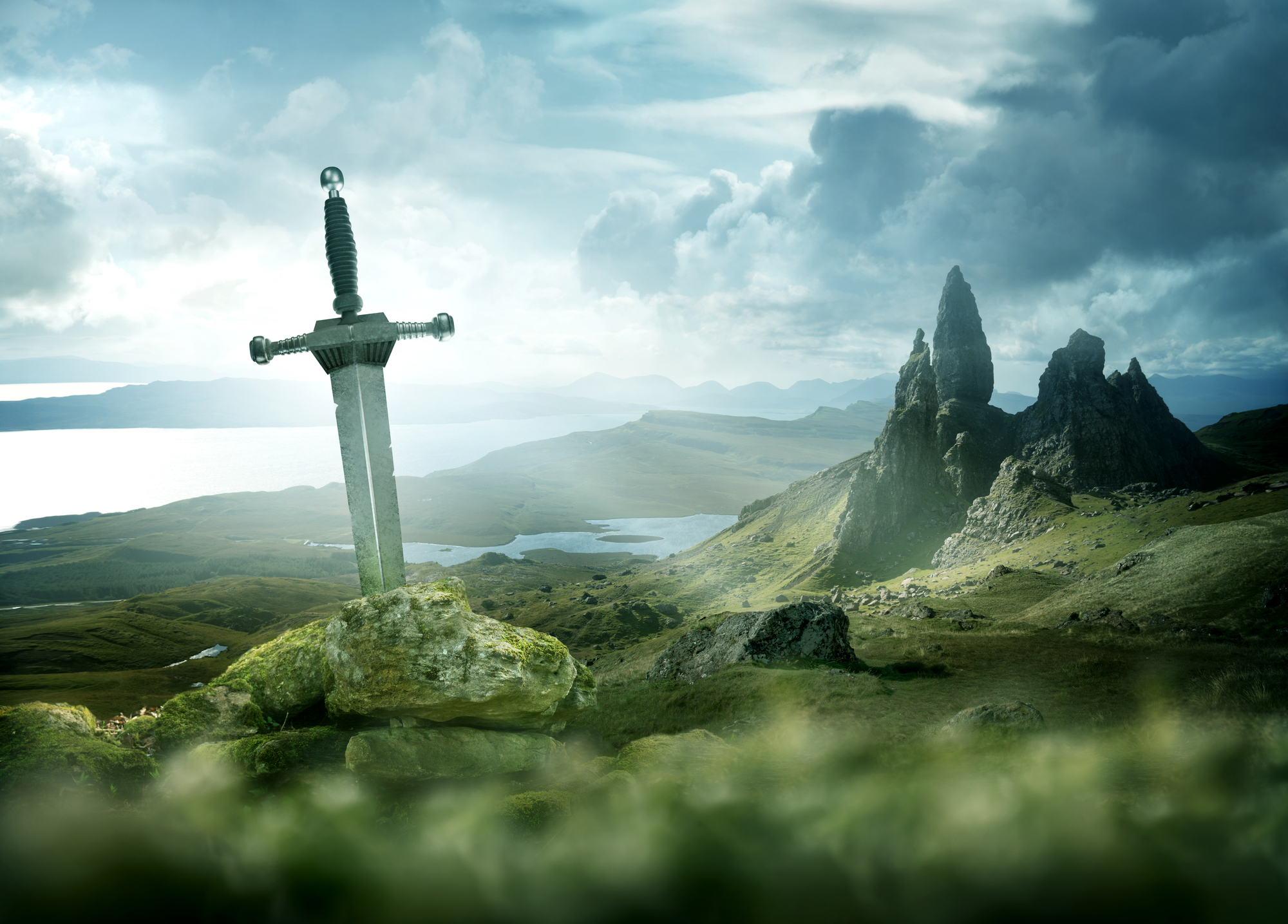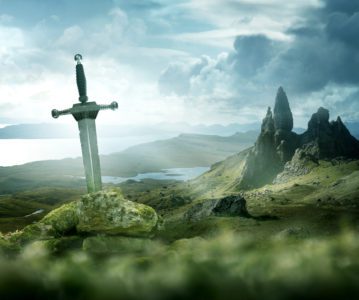This blueprint utilizes the Hero’s Journey story structure, a structure created by Christopher Vogler that is uniquely suited to fantasy. The terms that have been metaphorized to apply to modern fiction can be applied literally in fantasy. Look to the original structure Vogler…
Write Well. Publish Better.


